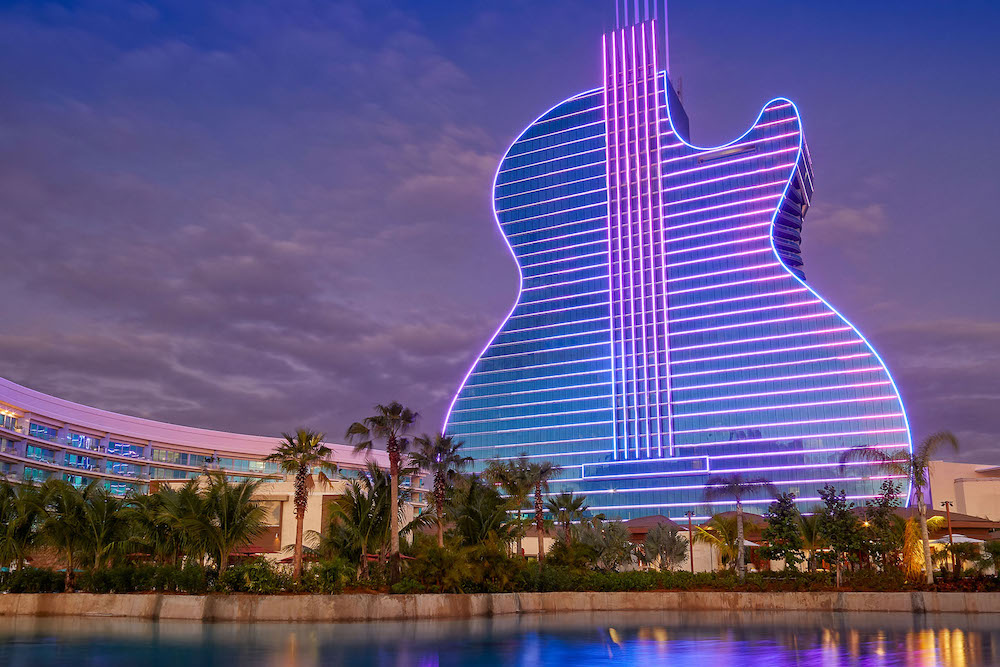
- Details
- By Chez Oxendine
- Gaming
The Seminole Tribe can continue offering mobile sports betting after the United States Supreme Court today declined to hear a legal challenge, potentially setting a precedent for tribal gaming nationwide.
The case, West Flagler and Associates v. Haaland, was a bid by a pair of Florida gaming companies to contest a compact between the Seminole Tribe of Florida and the state. The compact in question grants the tribe exclusive rights to mobile gaming, which is otherwise not yet legalized in Florida.
Monday’s decision by the court concludes a back-and-forth battle over the compact that began in 2021. In September that year, the tribe launched their mobile gaming platform. The arrangement came under fire by pari-mutuel companies West Flagler Associates and the Bonita-Fort Myers Corp.
In December, the tribe turned off that platform amid a defeat in federal district court. However, a court of appeals in Washington, D.C. later overturned the decision. After the D.C. court also rejected a request to stay, West Flagler wrote to have the Supreme Court hear the case.
“You know, the compact was an extraordinary example of a cooperative working relationship between the state and the tribe, for the benefit of all the people of Florida,” Barry Richard, who served as lead counsel for the tribe, told Tribal Business News. “They've already benefited a great deal from it. The tribe is pretty happy that litigation is now over and they (can) proceed to the benefit of the tribe and the state of Florida.”
Speaking to Florida Politics, the Seminole Tribe issued a statement applauding the Court’s decision to leave the lower court’s ruling intact.
“It means members of the Seminole Tribe and all Floridians can count on a bright future made possible by the compact,” Seminole spokesperson Gary Bitner said in a statement.
Hard Rock Bet, the tribe’s online gaming platform, relaunched in September 2023. Since then, the tribe has reported more than $357 million in revenues, according to media reports. That number could swell to an estimated $4.4 billion by the end of the decade.
The chief question around the platform concerned whether or not computer servers that hosted the platform counted as the betting location. In states like Florida, where wider mobile betting isn’t yet legalized, that raises the possibility of opening up tribal gaming there, too.
Stephen Hart, leader of law firm Lewis Roca firm’s Indian law practice group, told Tribal Business News that an intact lower court decision on Florida’s compact could establish precedent.
“Because [the Supreme Court] earlier denied a stay, nothing now stops Tribes from doing sports betting and internet gaming from their servers on their Indian lands and taking bets from anywhere in the State,” Hart said. “The Tribes will now have to work with their state governments, but with a compact they will be able to conduct internet gaming.”
Speaking to the Associated Press, Florida attorney and sports betting law expert Daniel Wallach echoed the sentiment.
“Tribes in other states stand to benefit from this decision because now they have a clear roadmap that has cleared judicial review,” Wallach said. “I would expect to see efforts ramped up in other states.”
